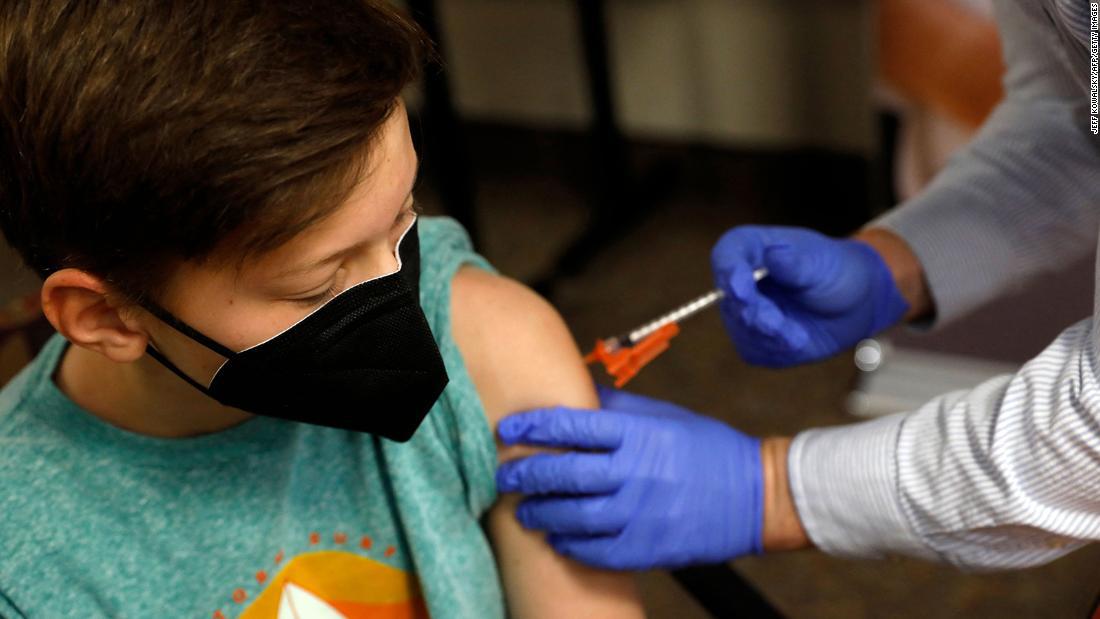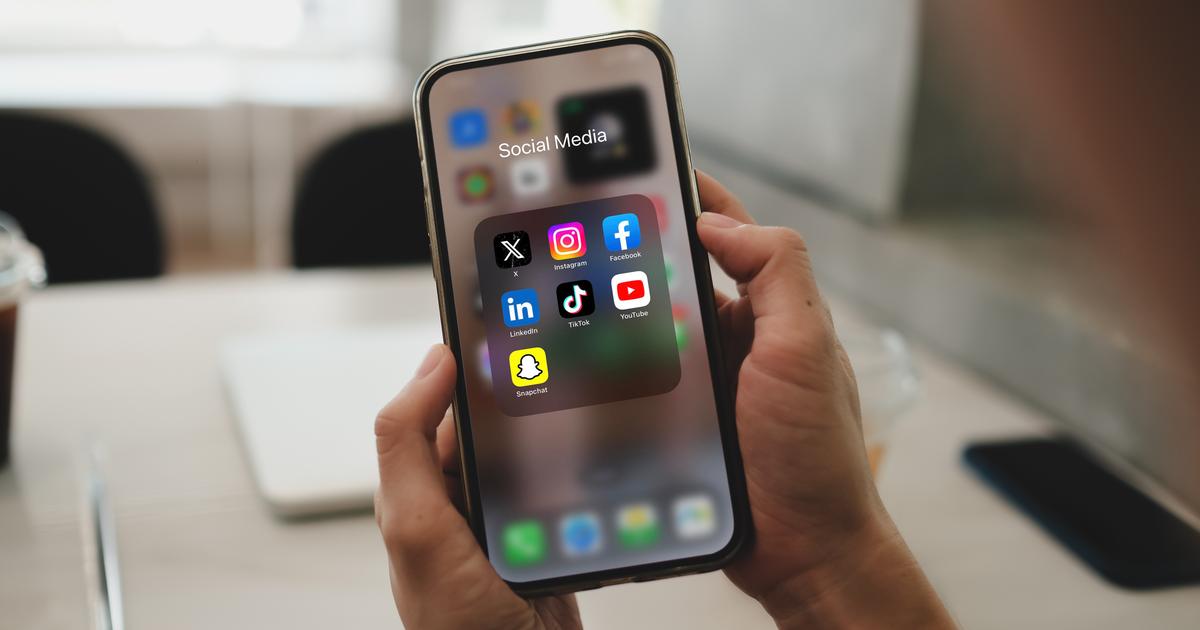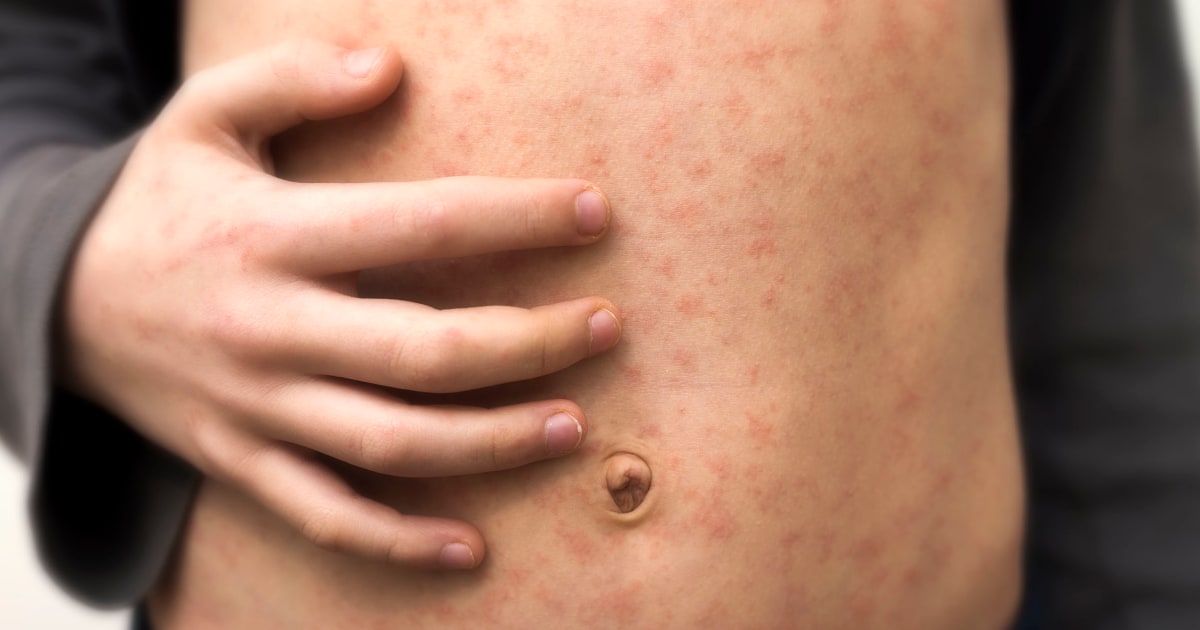Moderna vaccine will reach children from 5 years 0:47
(CNN) -
Vaccination advisers from the U.S. Food and Drug Administration (FDA) will meet Thursday to discuss what information the agency should request to consider approval of the vaccination. against covid-19 of those under 12 years of age, including the number of minors who must participate in clinical trials and the amount of safety data that is needed.
Members of the FDA's Vaccine and Related Biological Products Advisory Committee (VRBPAC) will not have to discuss specific vaccines or vote on any issue, but instead will have their say on specific additional information that companies will need to provide. when requesting authorization or approval for the little ones.
Advances from Pfizer and Moderna
Pfizer's Covid-19 vaccine is currently licensed for people 12 years of age and older in the United States.
Pfizer said Tuesday that it would begin testing its vaccine in children up to 5 years of age using smaller doses than those authorized for people 12 years of age and older.
The company said its phase 2/3 trial will include up to 4,500 minors in the United States, Finland, Poland and Spain.
Vaccination of minors between 12 and 15 years old in the US begins 0:44
Pfizer and its partner BioNTech also plan to start testing the vaccine in babies as young as 6 months in the next few weeks.
But no approval or clearance is expected for the younger children before the new school year begins in late summer.
Data on Moderna's covid-19 vaccine for children up to age 5 will likely be available in September or October, Moderna told CNN.
In addition, the company plans to soon request authorization from the FDA for the use of its vaccine in young people up to 12 years of age.
The results of the vaccination of minors
Deployment in the youngest age group has been rapid: more than 3.5 million people aged 12 to 15 have already received at least one dose of the vaccine.
Half of those 12 and older have already been fully vaccinated, according to data released Tuesday by the US Centers for Disease Control and Prevention (CDC).
But the FDA says it will seek a more comprehensive study to authorize the use of the vaccines in children 11 and younger.
advertising
Pfizer has requested full approval, called a biological license application or BLA, for its vaccine in people 12 years of age and older.
Unaccompanied immigrant children receive vaccinations 0:45
Moderna is expected to do so as well.
Therefore, committee members will need to consider what would be needed for both children's emergency use authorization and full approval.
The FDA has divided the youngest children into three groups: 6 to 11 years, 2 to 6, and 6 months to 2 years.
The parameters that the FDA will discuss
"What I think we are going to do with that meeting is decide what the parameters are for approval, either through emergency use authorization or licensing, for the younger age groups," he said last week. Dr. Paul Offit, member of the VRBPAC committee and director of the Center for Vaccine Education at Children's Hospital of Philadelphia, to CNN's Jake Tapper.
«Do we want a two-month follow-up?
Do we want a six-month follow-up?
What level of efficiency are we looking for? ”Added Offit.
"It is these types of parameters that we will discuss."
In information papers released before Thursday's meeting, the FDA said it is generally acceptable to use what are called bridging immunogenicity studies to justify emergency approval or authorization of vaccines in children.
These studies look for evidence of immunity based on what is recorded in adults who have voluntarily participated in clinical trials.
US to donate 500 million doses of Pfizer vaccine 1:02
For coronavirus vaccines, the FDA said it would accept data on neutralizing antibodies, that is, the immune system proteins that attack the virus and are generated by vaccination.
So, instead of vaccinating a group of children and waiting to see if one of them becomes infected, companies could run blood tests to see if vaccines elicit an immune response.
Oxford-AstraZeneca pauses pediatric COVID-19 vaccine trial pending review by UK regulator
Since COVID-19 has not caused the same level of serious illness in minors as in adults, the FDA said companies will have to make a strong case for authorizing its pediatric use.
'Clear and convincing evidence to support the safety of the vaccine'
The FDA typically asks for safety data on 500 to 3,000 children when considering a new pediatric vaccine.
"Given that COVID-19 vaccines represent a new class of vaccines, and many of the leading candidates are based on new platform technologies, an adequate global pediatric safety database would approach the upper end of this range," said in the briefing documents.
'Authorizing the emergency use of a COVID-19 vaccine for use in pediatric populations would require a determination that the known and potential benefits of the vaccine outweigh the known and potential risks specifically in the age groups being considered for emergency use authorization, "added the FDA.
"Therefore, clear and convincing evidence supporting the safety of the vaccine would be expected to justify its authorization for emergency use in millions of healthy children."
Risks to be assessed by experts
Experts will be asked to consider the possibility of a phenomenon called vaccine-enhanced disease - when vaccinated people get sicker from infection than unvaccinated people.
This happened in 2017 with a dengue vaccine used in the Philippines.
So far there has been no evidence that coronavirus vaccines can cause this, the FDA noted.
Doctors will also be asked about the possibility of a condition called Multisystemic Inflammatory Syndrome in Children or MIS-C, which is seen in some children who have been infected with coronavirus and is theoretically possible after vaccination, but has yet to be done. viewed.
How is pediatric multisystemic inflammatory syndrome manifested?
0:46
“Finally, the VRBPAC will be asked to analyze the circumstances in which the authorization of emergency use could be considered for age groups between 6 months and 12 years and, in that context, the data necessary to support the benefits of making COVID-19 vaccines available under emergency use authorization and safety data needed to assess risks, "said the FDA.
CNN Health's Lauren Mascarenhas contributed to this report.
Coronavirus in childrenvaccine against covid-19















/cloudfront-eu-central-1.images.arcpublishing.com/prisa/EXJQILQR5QI7OMVRTERD7AEZAU.jpg)